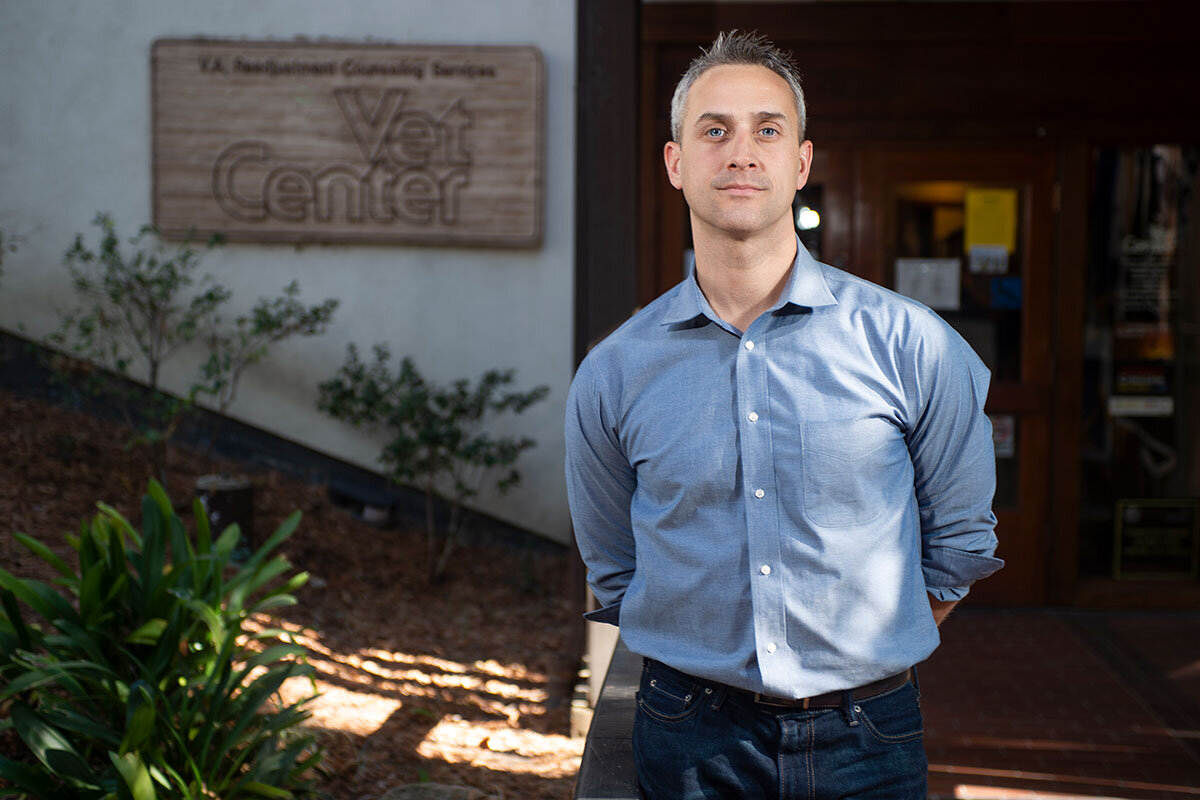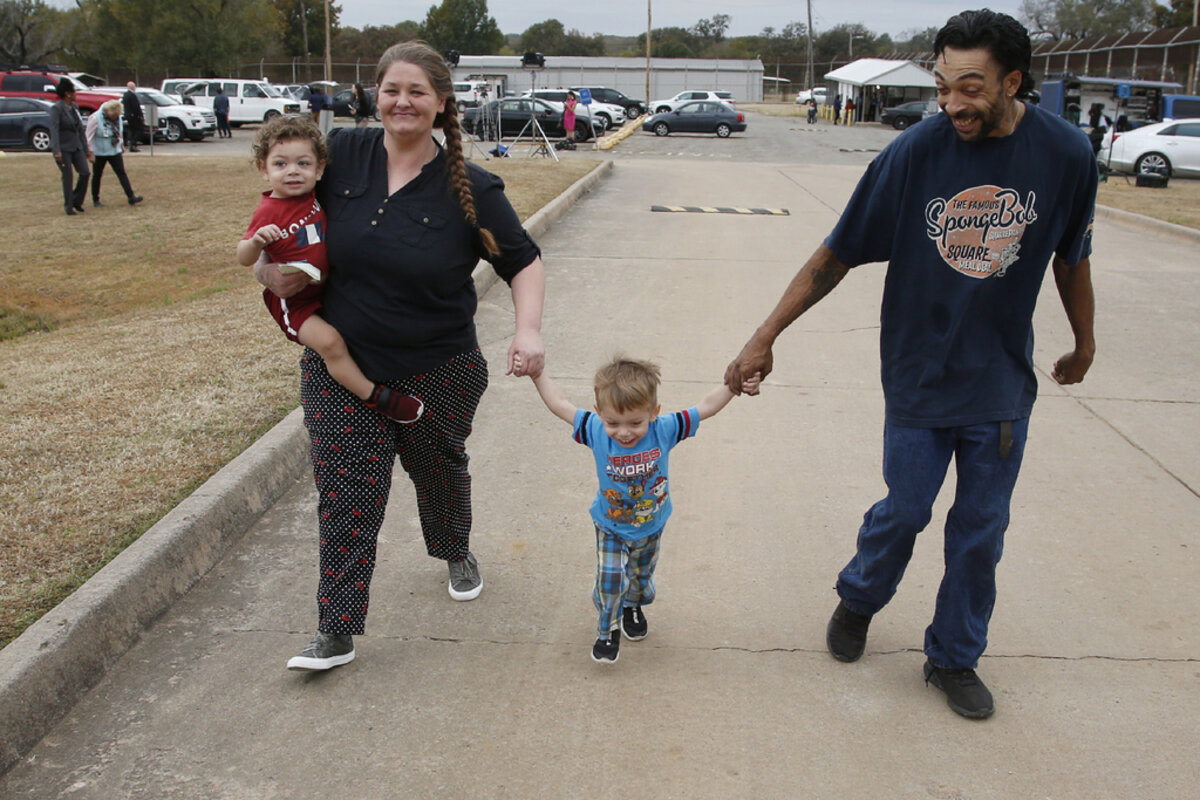For our first story, we have a special cover story from the Monitor Weekly, a deeply moving window into the ”wounds to the soul” that many veterans carry – and the evolving efforts to help them heal.
Monitor Daily Podcast
- Follow us:
- Apple Podcasts
- Spotify
- RSS Feed
- Download
 Peter Grier
Peter Grier
Today we explore the burdens of conscience that veterans carry, the historical precedent for presidents and back-channel diplomacy, rugby as a reflection of inclusion in South Africa, the role of the Sabbath as sanctuary in modern life, and the power of music to capture the zeitgeist of tumultuous times.
But first, the Donald Trump presidential era has been something of a golden age for the sale of political books.
Just look at the latest New York Times bestseller list and you’ll see what that means. A book of satirical Trump poems by the actor John Lithgow, and a pro-Trump book by journalist Lee Smith titled “The Plot Against the President,” are both in the top 10 for sales of e-book and print nonfiction.
But today I’m going to highlight another big book hit. No, it’s not that new one by an anonymous alleged Trump insider.
It’s the Constitution of the United States.
Sales of the Constitution have risen by double digits since 2016, according to NPD BookScan, a publishing sales tracker. Buyers have snapped up an average of nearly 20,000 copies a month since President Trump took office.
Apparently, at a time of constitutional strain, as the Democratic-led House and the Republican chief executive struggle to establish their powers relative to each other, lots of Americans want to see for themselves what the nation’s founding document says about our situation.
Maybe that will help us find a way out of the nation’s polarized morass.
“Regardless of your political affiliation,” says NPD analyst Kristen McLean, “there is no doubt that our current political climate has done wonders for constitutional engagement.”










